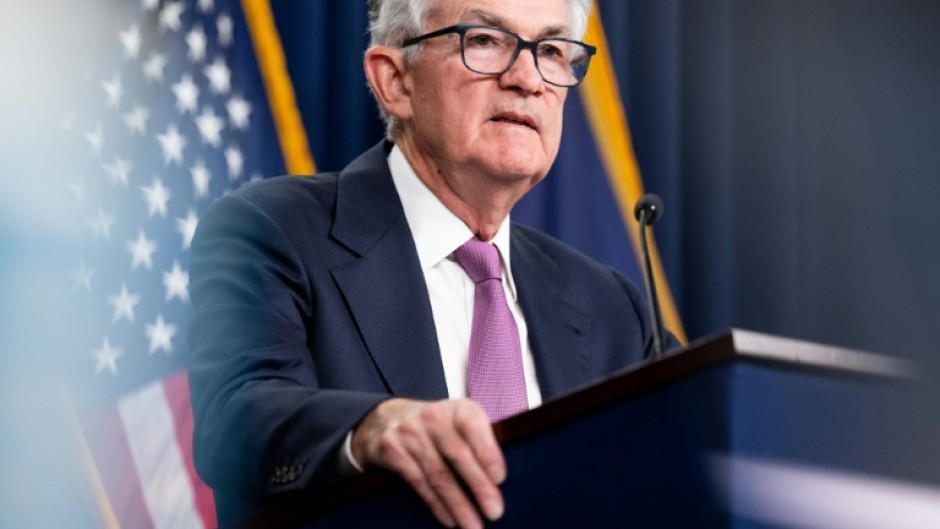WASHINGTON - The US Federal Reserve is all but certain to cut interest rates on Wednesday for the first time in more than four years, a significant move likely to ripple through global financial markets.
Senior officials at the US central bank including Fed chair Jerome Powell have in recent weeks indicated that a rate cut is coming this month, as inflation eases toward the bank's long-term target of two percent, and the labor market continues to cool.
The decision will affect the rates at which commercial banks lend to consumers and businesses, affecting the cost of borrowing on everything from mortgages to credit cards.
Traders and analysts remain uncertain about how sharply the Fed will lower its benchmark lending rate from the current 23-year high of between 5.25 and 5.50 percent.
Some are banking on a smaller cut of a quarter of a percentage point, and others are backing a bigger half-point reduction.
A smaller cut would be a more predictable move, while a bigger move would do more to boost demand -- while also running the risk of reigniting inflation.
"It's around points of inflection that we get the most mixed signals," Erica Groshen, a senior economics advisor at the Cornell University School of Industrial and Labor Relations, told AFP.
"The Fed is trying to make sense out of them. And the markets are trying to make sense out of them, and trying to make sense out of how the Fed will interpret them," added Groshen, a former vice president at the New York Fed.
Futures traders saw a 63 percent chance on Tuesday that the Fed would announce a bigger, half percentage-point move on Wednesday, and a 37 percent chance it would go with a more conventional 25 basis point cut, according to CME Group data.
When the Fed cuts interest rates, commercial banks in the United States generally follow, reducing borrowing costs and stimulating demand in the world's largest economy.
For the Fed, a rate cut of any size would signal that consumer inflation, which hit a four-decade high in 2022, was returning to target.

